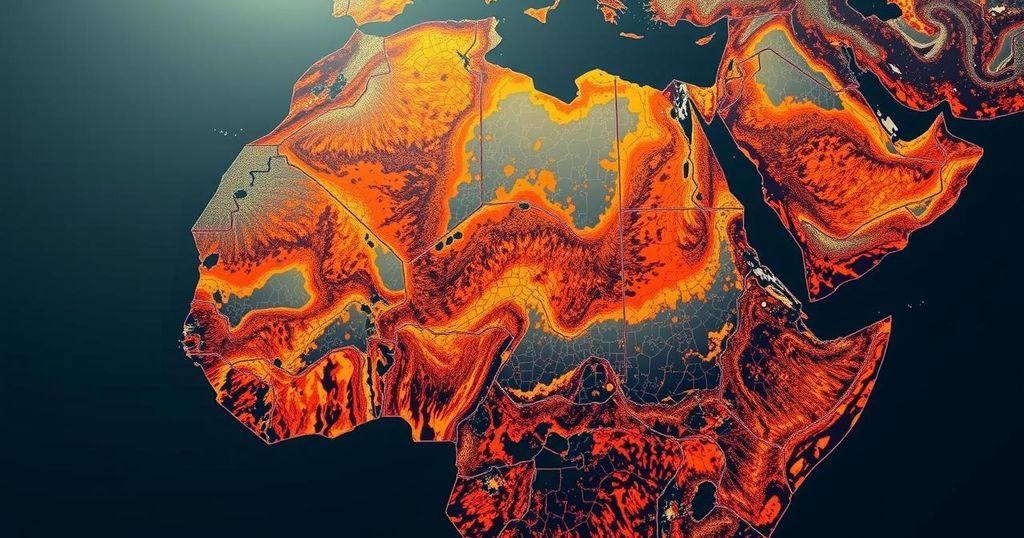Southern Africa Faces Historic Drought Crisis Affecting Millions

A severe drought in Southern Africa has left over 27 million people seeking food, with 21 million children malnourished. Severe crop and livestock losses have prompted national disaster declarations in several countries. Aid agencies warn that the situation will worsen until after the 2024 harvests, emphasizing the critical need for intervention and support to mitigate the growing humanitarian crisis.
Across Southern Africa, the worst drought in a century has left over 27 million individuals, including 21 million children suffering from malnutrition, facing severe food shortages. Countries such as Lesotho, Malawi, Namibia, Zambia, and Zimbabwe have declared national disasters amidst catastrophic crop and livestock losses. The crisis is exacerbated by the El Niño weather phenomenon and climate change, leading to expectations of worsening conditions until the next harvests scheduled for March and April of the following year. As small-scale rain-fed agriculture collapses, the United Nations warns of an impending humanitarian catastrophe that could see many more lives at risk.
Southern Africa is currently grappling with a historic drought that has devastated the region’s agricultural systems. The United Nations has highlighted the dire situation, indicating that millions rely on rain-fed farming, which has been heavily impacted by both insufficient rainfall and the broader implications of climate change. The situation is particularly critical for vulnerable populations who depend on consistent agricultural yields for sustenance and economic stability. Experts draw attention to the increasing inability of these communities to adapt to changing climate conditions, compounding their vulnerability to extended periods of drought and food insecurity.
In conclusion, the drought ravaging Southern Africa serves as a critical indicator of the interplay between climate change and food security. With millions of lives at stake, the region faces an unprecedented humanitarian crisis that requires immediate and sustained intervention. The challenges of poor rainfall, elevated temperatures, and socio-economic vulnerabilities underscore the urgent need for global attention and support to avert a disaster and assist those most affected by this grave situation.
Original Source: www.aljazeera.com






